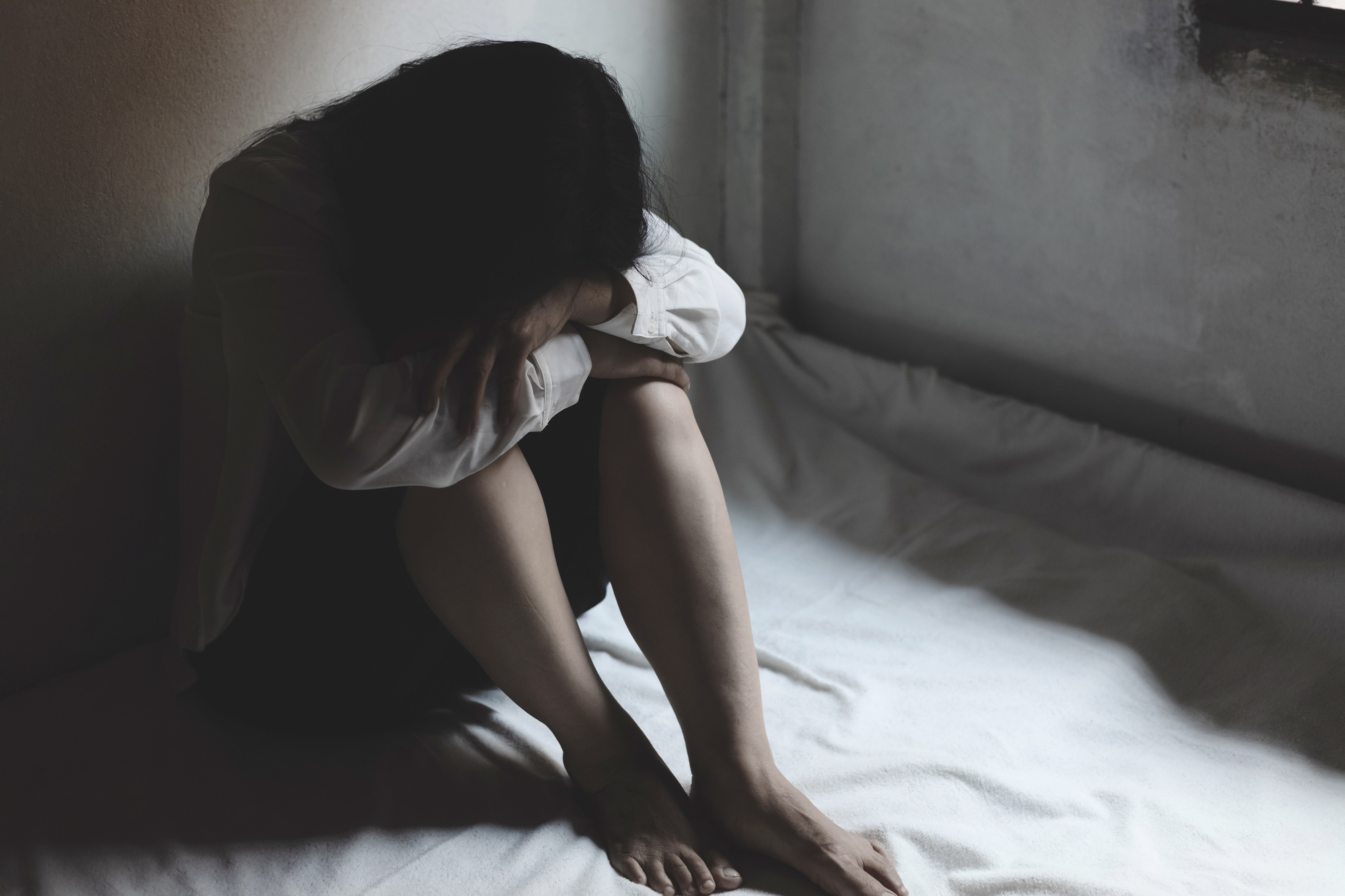Sexual assault happens when a person intentionally touches another without their consent. It’s also tricking, forcing, or pushing someone into a sexual act they don’t want to engage in. Sexual assault may include groping, child molestation, attempted rape, sexual intercourse that one didn’t explicitly consent to, or vigorous anal, vaginal, or oral penetration.
Anyone can be a sexual assault victim, regardless of gender, age, race, or religious background. Also, this sexual violation can occur anywhere. The perpetrator can be a stranger or someone familiar to the victim, like a family member, neighbor, or intimate partner.
Effects Of Sexual Assault
Sexual assault is a traumatizing experience that can cause emotional, physical, and mental anguish. The negative impact may vary, but there are common effects one may face.
- Emotional Effects: Shock, anger, fear, blame, guilt, aggression, and shame are some examples of the emotional impact of sexual assault.
- Physical Effects: The physical effects may include vaginal or anal bleeding, soreness, bruising, dislocated or broken bones, uterine fibroids, and difficulty walking. One may also get pregnant, experience pain when intimate with their spouse, or contract a sexually transmitted disease (STD) or infection (STI).
- Mental Effects: Depression, suicidal attempts or thoughts, weight gain or loss, hopelessness, dissociation, anxiety, frequent crying, and post-traumatic stress disorder (PTSD) are some mental effects of sexual assault.
These consequences can be short-term. However, if the victim is unable to process the experience and develop healthy coping habits, they may experience longer-lasting effects like paranoia, poor health, sleep disturbances, and relationship difficulties. Sometimes, survivors engage in harmful coping mechanisms like drug and alcohol abuse.

What To Do After Sexual Assault
After the sexual assault, you may be in pain, confused, and might not know what to do. It’s essential to familiarize yourself with the immediate steps to take after the incident.
By knowing what to do, you can protect yourself from the harmful effects of the violation and start your recovery process.
Here’s what to know about sexual assault: you can learn to deal with this traumatizing experience and regain your sense of security. You can start by undertaking the urgent steps listed below:
1. Prioritize Your Safety
The first thing to do is get away from where the incident occurred. Since your safety is paramount, you should get to where you feel secure. It can be at a friend’s house, your home, your parent’s place, a police station, or a hospital.
Sometimes, victims can be in severe pain, have injuries, or experience shock, confusion, or derealization, a feeling of detachment from one’s surroundings. These can cause them to be unable to make the right decisions. If any of these occur after sexual assault, call a close friend or relative to take you to a safe place.
2. Talk To Someone
Upon getting to a secure location, talk to someone about the assault. It could be a family member or a trusted friend. You don’t need someone to doubt your story or blame you for the assault because it’s never the victim’s fault.
Seek a person who can make you feel safe, offer you a shoulder to cry on, tell you they’re sorry it happened to you, and ask for ways they can help.
If you don’t have such a person in your life or they’re far from you, call a sexual assault hotline. Most of these are available 24/7, and the operators are trained to listen and provide support to victims. They can also explain how to report the incident and connect you to treatment facilities.
Though recounting the incident will be hard, telling someone about it is vital. As a first-contact witness, they can help with investigations and support your account of the incident in court if you decide to take legal action.
3. Seek Medical Attention
Seeking medical attention is also essential. Visit a local rape treatment center or hospital as soon as possible. The healthcare providers in these facilities will treat your injuries and provide emergency contraception as mandated by state law. Also, they can protect you against STDs and STIs like human immunodeficiency virus (HIV) by offering drugs like post-exposure prophylaxis (PEP).
Trained healthcare professionals can help gather evidence of the assault. They will give you a rape kit that contains a comb, envelopes, swabs, dental floss, paper bags, containers for urine and blood samples, and other tools.
The specimens to be collected as evidence include skin cells, semen, saliva, blood, urine, and hair. They will also ask for the clothes you were wearing when the assault took place. This is why you’re advised not to shower, drink, eat, comb your hair, brush your teeth, wash or get rid of your clothes, and disturb the area of the assault before evidence collection.
You may be reluctant or scared to seek medical care after the incident. This is understandable, as you must process your thoughts and emotions before taking that step. However, don’t take too long.
The window for collecting evidence is limited. In some areas, it’s 96 hours (four days); in others, it’s 72 hours (three days). Furthermore, PEP medications may only be effective if taken within three days of exposure to HIV.
4. Decide Whether To Take Legal Action
Although victims of sexual assault may find it overwhelming to undergo an investigation, they need to report the crime to the police as soon as possible. It’s also crucial to record everything you can remember about the assault—what the perpetrator looked like, what he said and did, and where it happened.
After filing a police report, you also have the option to pursue legal action. Some victims may be hesitant to file a court case out of fear or shame, especially if the perpetrator is a member of their family or circle of acquaintances. Another reason is that testifying against the assailant forces the victim to relive the traumatic experience.
However, reporting the sexual assault to the police and filing a case in court can help prevent the perpetrator from committing the same offense. It also enables you to take back control and start the healing process.
Final Thoughts
Sexual assault is a traumatizing violation that can negatively impact your mental, emotional, and physical well-being. Therefore, it’s critical to know the immediate steps to take after the incident. These include prioritizing your safety, confiding in a professional or trusted friend, seeking medical treatment, and deciding whether to pursue legal action.
With these steps, victims of sexual assault can start the process of healing and recovery from the trauma.









